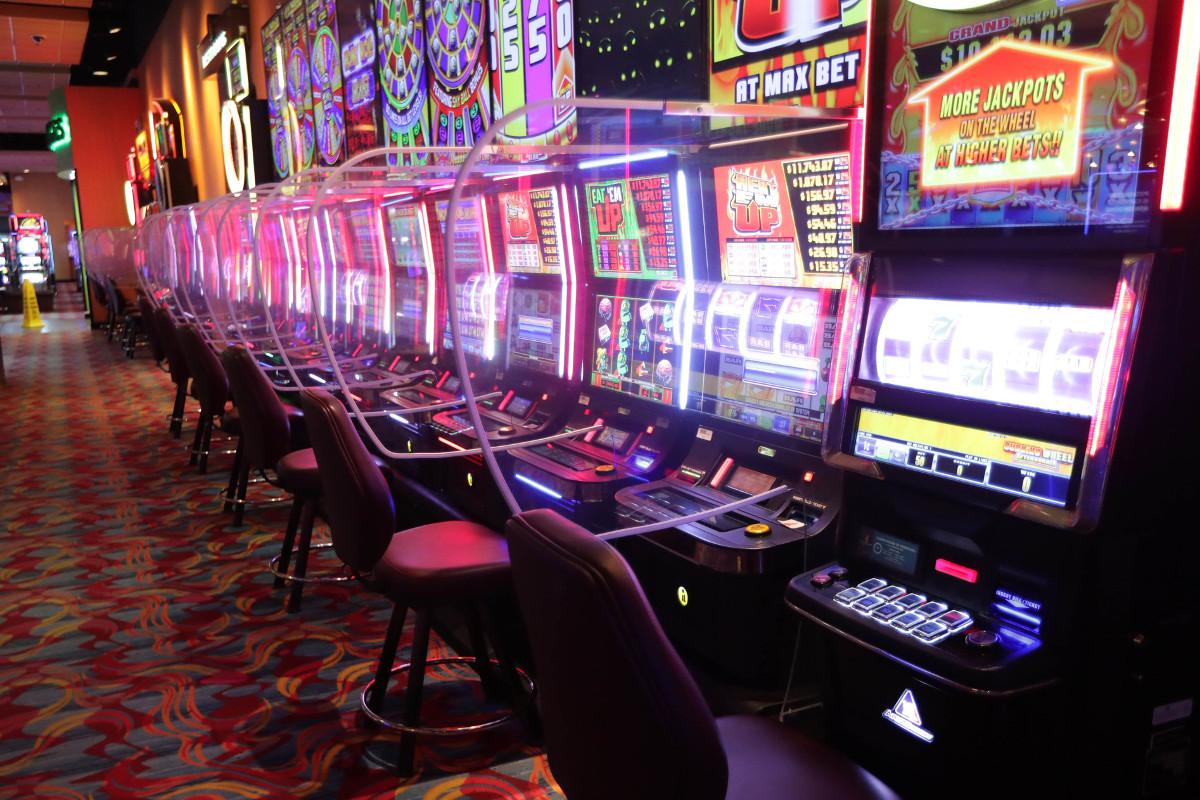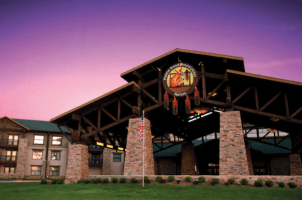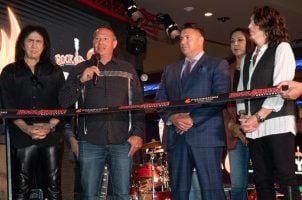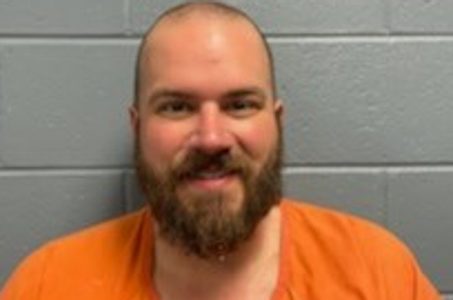COVID-19 Impacts More Than Casino Business for Wisconsin Tribes
Posted on: October 29, 2020, 05:35h.
Last updated on: October 29, 2020, 09:17h.
The COVID-19 pandemic has taken a bite out of gaming operations across the country. For tribal-run casinos, such as the two operated by Wisconsin’s Forest County Potawatomi, the impact has been even more pronounced.

Gambling provides about 90 percent of tribal revenue for the Potawatomi tribe. The tribe owns the largest casino in the state, located in Milwaukee, and a smaller casino in the Forest County community of Carter.
COVID has had a significant negative impact on our casino operations,” Jeff Crawford, attorney general for the Forest County Potawatomi Community, told Casino.org. “We estimate that our economic losses are easily over $100 million, which is a significant amount for any business, but especially for our tribe.”
Without that revenue, the tribe has been forced to eliminate almost 2,000 jobs and slash budgets. That’s the story for all 11 Wisconsin tribes that operate casinos.
Soaring COVID-19 Numbers
COVID-19 continues to rage through Wisconsin at the third-highest rate in the nation. On Tuesday, the state set yet another record for positive cases. While casinos are open again after being closed for about three months in the spring, progress has been slow. The slot machines are humming, but it’s been anything but business as usual.
In Milwaukee, we started out with an invite-only type of system focusing on our players clubs and our high rollers, Crawford told Casino.org. Then we had a capacity limit and limits on the number of hours somebody could be in for one session. So, it wasn’t the full gaming experience.”
Crawford says that the casino has been allowed to increase the number of people allowed in. The current capacity is 3,000 visitors, but that is still at less than 50 percent capacity.
As is the case at casinos around the country, the Potawatomi have instituted safety plans to keep staff and customers safe. Before they enter the casino, temperatures are checked. Once inside the casino, masks are mandatory. Plexiglas provides a barrier between slot machines. However, table games such as blackjack have been eliminated. Other than to-go orders, the restaurants are closed.
Additional expenses and declining revenue are bad for business.
“It’s severely restricting normal operations,” Crawford said.
Bad for Tribe, Too
Tribes depend on casino revenue to fund their governmental operations.
According to the Wisconsin Department of Administration, the agency that regulates tribal gaming, the state’s 26 casinos generated about $1.27 billion in revenue during fiscal-year 2018-19, the most recent fiscal-year with available data. Total handle statewide reached a record of $17.55 billion.
Obviously, with the impact of COVID-19 moving into the eighth month, that income is down sharply. That trickles down to individual tribal members, starting with a reduced workforce. According to Crawford, 1,600 employees were furloughed in July from the Milwaukee casino, and 200 tribal government employees were furloughed in Forest County.
That was just the start of the penny-pinching. Money from the federal CARES Act helped. But it arrived late and fell short of expectations, Crawford said.
The money that went back to the tribal government completely funded our health-care programs, our education programs, our elderly programs, and all of your standard governmental programs to help your citizens,” Crawford told Casino.org. “All of those programs took significant hits to their budgets and we had to cut back on services. So, there’s been a lot of belt-tightening.”
Forest County’s population is about 9,000. Over the last 12 months, unemployment there has risen from 3.8 percent to 11 percent. The casino is the largest employer in Forest County and among the top 25 largest employers in Milwaukee County.
“It’s devastating,” Crawford said. Like everyone, he craves a return to normalcy, full casinos, and better days for the tribe.
Related News Articles
KISS Opens Restaurant as Part of Potawatomi Casino Expansion
Chile’s Dreams Casino in Chaos After Arrival of Surprise Guest MrBeast
Most Popular
Las Vegas Overstated F1 Race’s Vegas Impact — Report
Vegas Strip Clubs Wrestle in Court Over Animal Names
Most Commented
-
End of the Line for Las Vegas Monorail
— April 5, 2024 — 90 Comments -
Mega Millions Reportedly Mulling Substantial Ticket Price Increase
— April 16, 2024 — 6 Comments -
Long Island Casino Opponents Love New York Licensing Delays
— March 27, 2024 — 5 Comments -
Nearly Abandoned Mall Outside Vegas Soon to Have Only One Tenant
— March 12, 2024 — 5 Comments
















No comments yet